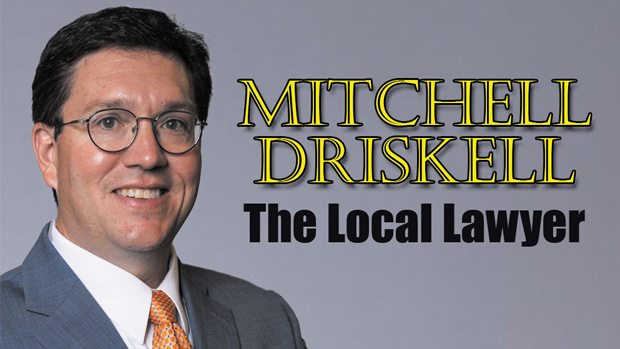
Silence in the Shelter
In San Rafael, California, a homeless encampment grew up at a highway underpass. The City made the underpass an official, city-managed homeless encampment. Homeless James Hellard lived there, but he grew tired of the noise from the highway traffic. He downloaded an App on his iPhone that measures decibel levels of noise, and he compared what he found to OSHA noise regulations and other government regulations on unsafe noise levels. He found that the City-managed shelter was louder than government regulations allow. He has sued the City claiming health problems due to the noise. “I’ve got ringing in my ears. We have coughs. We have just these slowly manifesting health problems that we’re not quite sure where it’s going to go to five years from now,” Hellard said. Hellard claims that the conditions are unlivable. Instead of being homeless somewhere else, he wants the city to move the encampment to a more livable location, like a public park, and he wants compensation for current and future injury.
Pronoun Professor Paid a Pretty Penny
A university professor in Ohio who was disciplined four years ago for refusing to use a transgender student’s pronouns is being awarded $400,000 following a lawsuit against the university. Nick Meriwether, a professor at Shawnee State University, sued the college in 2018 after he was disciplined for not using she/her pronouns to refer to a biologically male student who identifies as a transgender woman. In class, Meriwether responded to the student saying “Yes, sir.” After class, the student asked Meriwether to use she/her pronouns, but Meriwether refused to do so. The student became “belligerent” and promised that the professor would get fired. The student filed a complaint against Meriwether that sparked a formal investigation with the university.
The university ruled that Meriwether should use the student’s chosen pronoun. Meriwether argued doing so was against his “religious convictions and philosophical beliefs.” The university determined that Meriwether created a “hostile environment,” issued a written reprimand and threatened “further corrective actions.” Meriwether sued, and the university successfully got the cased dismissed at the trial court level, Meriweather appealed, and U.S. Court of Appeals for the 6th Circuit ruled in his favor of Meriwether. The Sixth Circuit Court of Appeals ruled that Meriwether had a case and that the university may have violated the professor’s free speech rights when they disciplined him. The case was sent back to the trial court level where the university settled the case by paying Meriwether $400,000 plus attorneys’ fees. This kind of litigation costs a fortune, and Meriwether surely could not have afforded to stand up for himself without the assistance of the Alliance Defending Freedom (ADF), an organization that defends free speech, who provided lawyers for Meriwether. Additionally, the written warning issued to Meriweather’s personnel file in 2018 will be removed. According to this case, you have a First Amendment right to use biologically based pronouns. The unanswered question is where does that right end and another person’s right to choose pronouns begin.
Fore!!! (Point Nine Million Dollars)
A family sued Indian Pond Country Club in Kingston, Massachusetts, for trespass from the “continual bombardment” of golf balls into their backyard. They won a permanent injunction against golf balls on their property and $4.9 million for mental and emotional suffering! Amazing, and this is what these facts tell a lawyer—the Judge and jury despised the people who ran the golf course and the lawyers who represented them. Juries do not award this kind of money unless the people getting sued act like real assholes. It appears that the golf course never took the family’s complaints seriously. After the lawsuit, the course quickly and easily redesigned the hole behind the family’s house and solved the problem. I recently represented a golf course sued for too many golf balls landing on a neighboring property (my client won at trial), and I have read all the law on neighbors suing golf courses. To win against the golf course you need two things. First, at least two or more golf balls landing in your yard per day, and second, balls coming in hot causing or potentially causing damage. At those rates and speeds, courts look to the golf course and say, “Is there something you can do? Move the tee box? Put up nets or trees? Something.” The second thing is not a technical, legal requirement, but it is a real-world practical fact—the second thing you need is a golf course that looked down on the people and acted like jerks about it. If the golf course just laughs the neighbor off, a judge or jury will nail them. The Indian Pond case is a prime example of how not to handle claim/lawsuits against your business—laugh them off, act like a jerk, and a jury will have the last $5,000,000 laugh.”
Mitchell Driskell has been an Oxford lawyer for twenty-one years. He practices criminal law, family law, business transactions and civil litigation. Email him mdriskell@danielcoker.com. Follow him on Instagram @mdriskell, twitter @MODIIItweets, TikTok @DriskellLaw and on Facebook.


